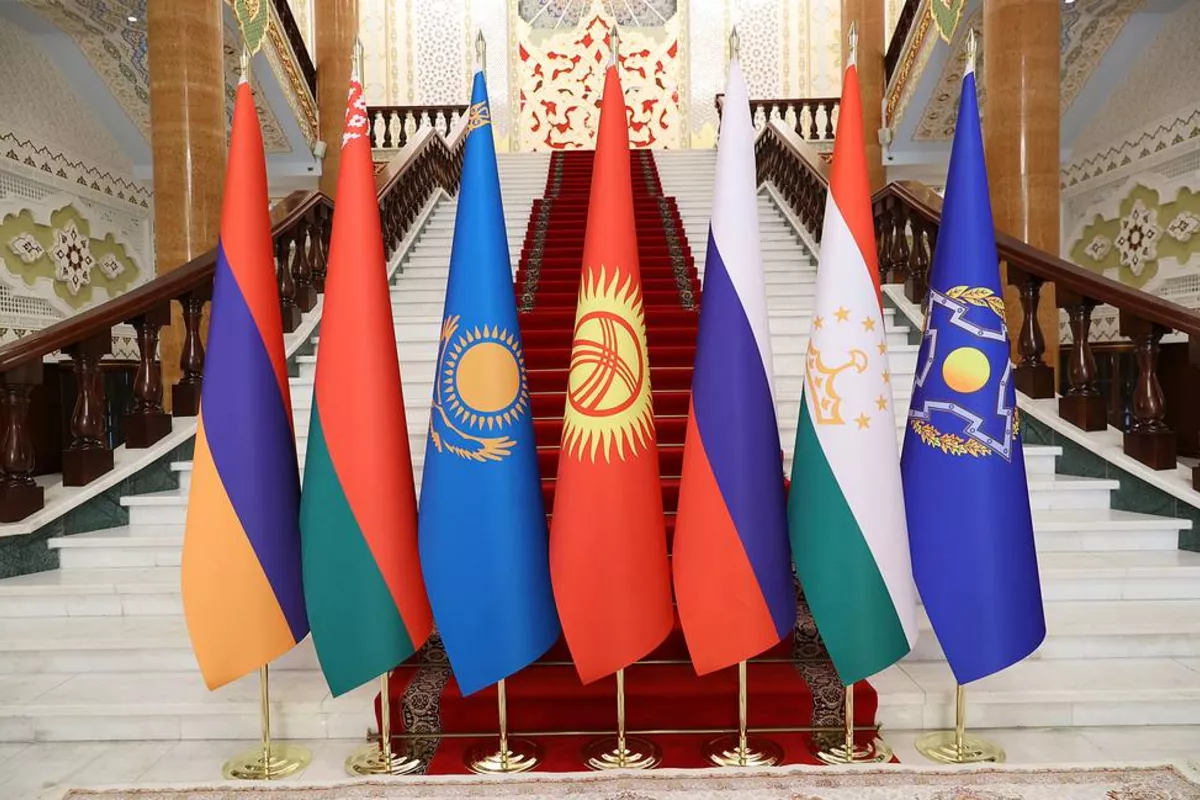
Photo: TASS
The threat of terrorist attacks targeting critical infrastructure in Collective Security Treaty Organization (CSTO) member states has risen significantly, according to Kyrgyzstan’s Security Council Secretary, Baktybek Bekbolotov.
"An analysis of the current conflicts points to an increasing risk of terrorist attacks against critical infrastructure (energy, transport, public administration)," he said, The Caspian Post reports, citing TASS.
According to him, the CSTO member states face not only direct or "traditional" challenges, such as terrorism, extremism, cross-border crime, drug trafficking, and illegal migration, but also "the factors whose effect often goes unnoticed - in the information, cybernetic, and ideological spheres. More and more attacks on the national sovereignty of independent states are taking place through multilevel external interference in internal affairs."
He believes that in today's reality, economics and security are interconnected and this is an axiom. "Over the past few years, the economies of our countries have been living not according to the laws of the market, which were so persistently advertised to us at the time, but in the face of increasing protectionist policies, economic and other politically motivated sanctions. In this context, one of the risks is the possibility of expanding the shadow economy, including through cryptocurrency transactions," continued Bekbolotov.
At the same time, recently, according to him, there has been an "increase in tension in the field of nuclear security" not only in connection with the possible proliferation of nuclear weapons technologies and the danger of nuclear terrorism, but also as a result of "direct military attacks on nuclear facilities," such as during the recent bombing of Iran's nuclear facilities.
"Besides, it is possible to expand the range of hybrid threats, including biological risks in the form of new viruses, bioterrorism, as well as attempts to conduct high-precision information and psychological operations using artificial intelligence, including to discredit state leaders and government institutions," he stressed.
Share on social media